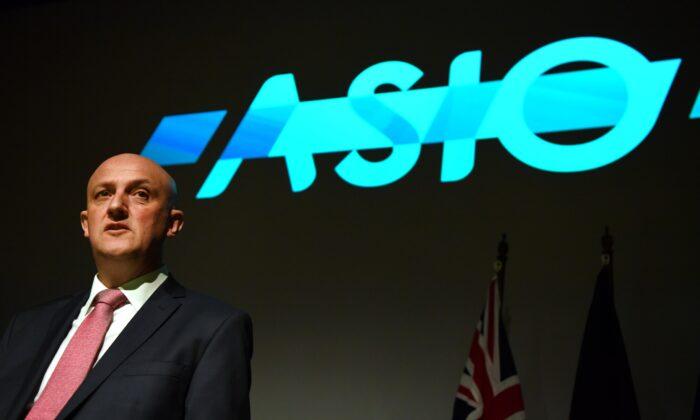Australia’s terror threat level has been downgraded, with the director general of the Australian Security Intelligence Organisation (ASIO) saying that decision was not taken lightly or made casually.
“After careful consideration and consultation, ASIO is lowering Australia’s national terrorism threat level to Possible,” he said. “A decision of this nature is not taken lightly or made casually.”
He also warned that downgrading the terror threat level did not mean the threat was extinguished.
“‘Possible’ does not mean ‘negligible,’” he said.
“It remains plausible that someone will die at the hands of a terrorist in Australia within the next 12 months—although, of course, my organisation will literally work around the clock to prevent that from happening.”
Currently, ASIO believes the most likely terrorist threat to occur in Australia involves a lone actor using a basic and easily obtained weapon such as a knife or vehicle.
Opposition and Government Welcomes Decision
Members of the government and opposition have welcomed the decision, with Home Affairs Minister Clare O'Neil thanking ASIO personnel and security and law enforcement professionals who have made the downgrading possible through their hard work.“We have had a lot of success in the fight against terrorism in our country, and it’s really important on a day like today to note our vigilance in the face of the future but also to note how many lives have been saved by the work of the people that we acknowledge today.”
“This is a result of the investments and the powers that the Parliament has previously given ASIO,” he said.
He also warned against any watering down of the security organisations’ powers.
ASIO Focusing on Countering Foreign Interference and Espionage
The decision to downgrade the threat level comes after Burgess, in February said that ASIO is now focusing most of its resources on foreign interference and espionage.“This is not to downplay the significance of terrorism. In terms of the scale and sophistication, though, espionage and foreign interference threats are outpacing terrorism threats, and therefore demand more attention and resources.”
Burgess has declined to name which countries have been involved in foreign interference in Australia but has noted the organisation was seeing attempts at foreign interference at all levels of government in all states and territories.
“Attempts at political interference are not confined to one side of the politics, and you'd be surprised by the range of countries involved,” Burgess said.
The comments from Burgess came amid revelations by the spy boss that ASIO had disrupted a plot by an foreign agent acting on behalf of an unnamed foreign power, to bankroll potential Manchurian candidates for the Australian Labor Party in the state of New South Wales in the federal election held in May.
The plot lead Burgess to speak to leader of the Labor Party, Prime Minister Anthony Albanese who told reporters on Feb. 11 that the potential candidates were ultimately not preselected to run by the party.





Friends Read Free